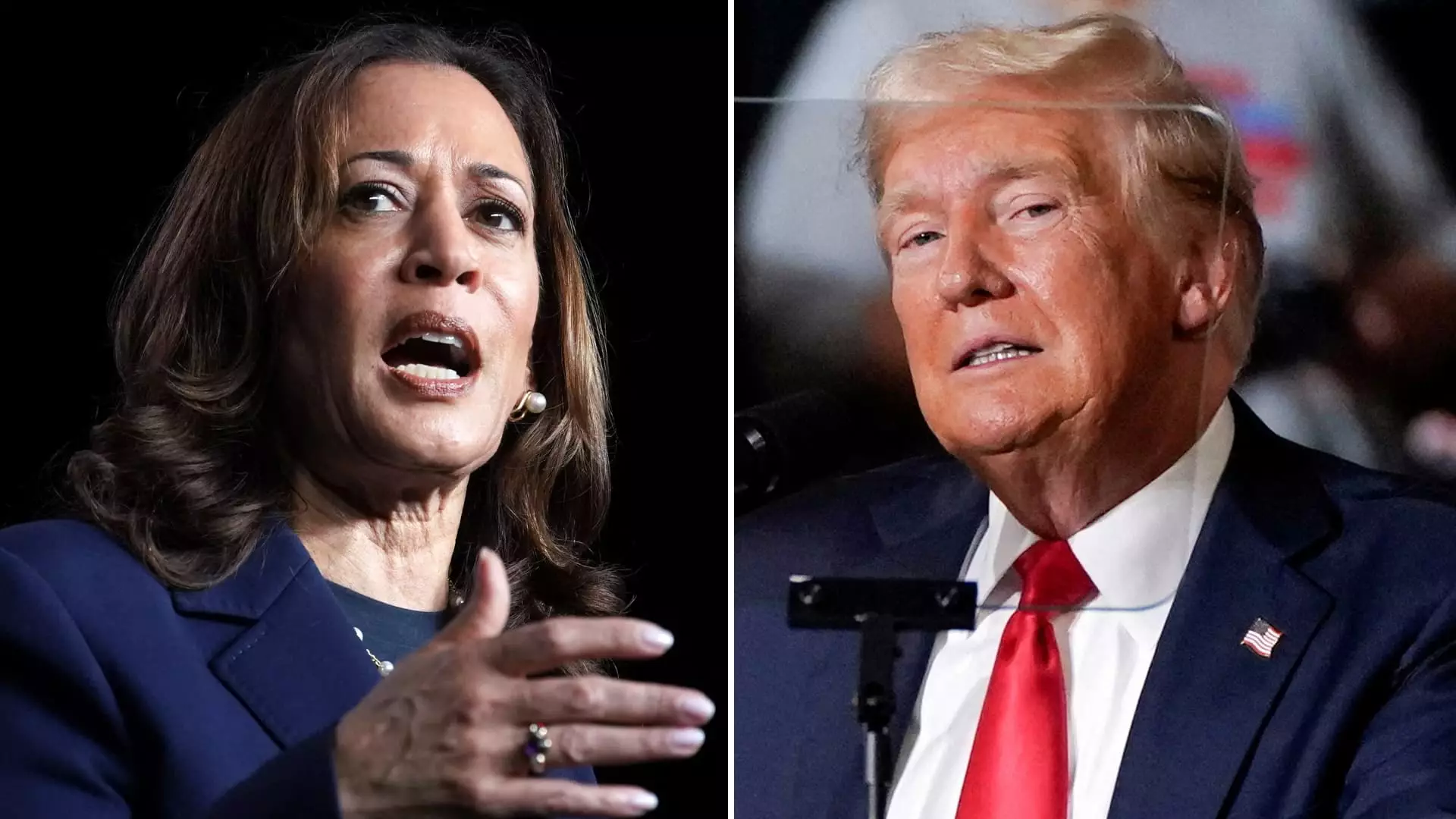Former President Donald Trump has made it clear that he intends to preserve the individual and business tax cuts that were enacted via the Tax Cuts and Jobs Act (TCJA). His campaign team stated that he plans to continue with these tax cuts and has even promised “big tax cuts for families and small businesses.” Trump’s proposed tariffs on imported goods also play a significant role in his tax policy, despite concerns raised by experts on the impact it could have on American consumers.
Harris’ Tax Policy Stand
On the other hand, Vice President Kamala Harris has focused on increasing the corporate tax rate from 21% to 28%, a move that is aimed at reducing the federal deficit by an estimated $1 trillion over a decade. Harris has also voiced her support for an expanded child tax credit worth up to $6,000 for families with newborn children. While she has not directly addressed the extension of the TCJA, her economic plan includes measures to raise revenue and address the budget deficit.
Both presidential candidates have proposed tax changes that could have significant impacts on millions of Americans. However, the challenge lies in getting these tax law changes approved by Congress. The future control of the House and Senate will play a crucial role in determining the feasibility of these proposals. Negotiations will likely be difficult, especially with concerns about the federal budget deficit looming large.
Experts have expressed mixed opinions on the tax policies proposed by both Trump and Harris. While some support the idea of eliminating income tax on tip income, others believe it could face administrative hurdles and possible abuse. The underlying policy rationale behind these proposals has been a subject of debate among policy analysts and economic experts.
Key Issues
Taxes will undoubtedly be a key issue for the next president, with trillions in tax breaks set to expire after 2025. The Tax Foundation estimates that more than 60% of taxpayers could see higher taxes in 2026 if these provisions are not extended. While both candidates have vowed to address the budget deficit, the path to achieving this goal remains uncertain, given the challenges of getting tax law changes approved by Congress.
The battle over tax changes continues to intensify as the 2024 presidential election approaches. Trump and Harris have put forth their economic agendas, each proposing different tax policies that could have far-reaching consequences. The ultimate decision on tax changes will rest with Congress, and the outcome of these negotiations will shape the economic landscape for millions of Americans.

